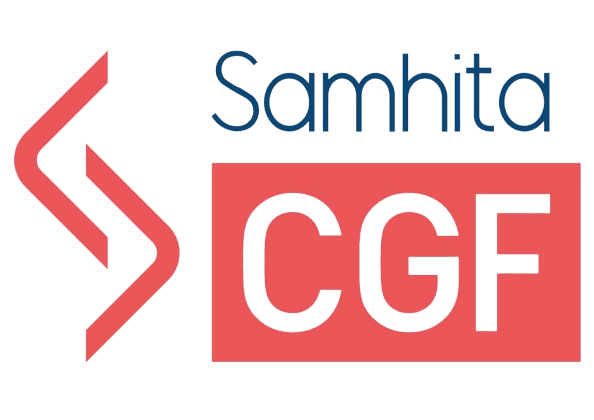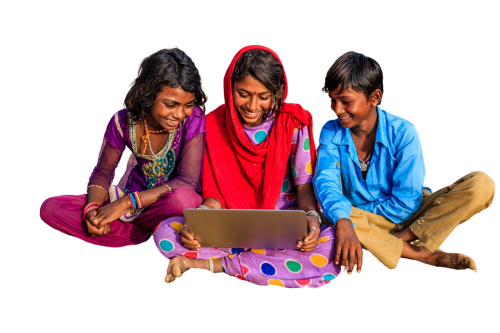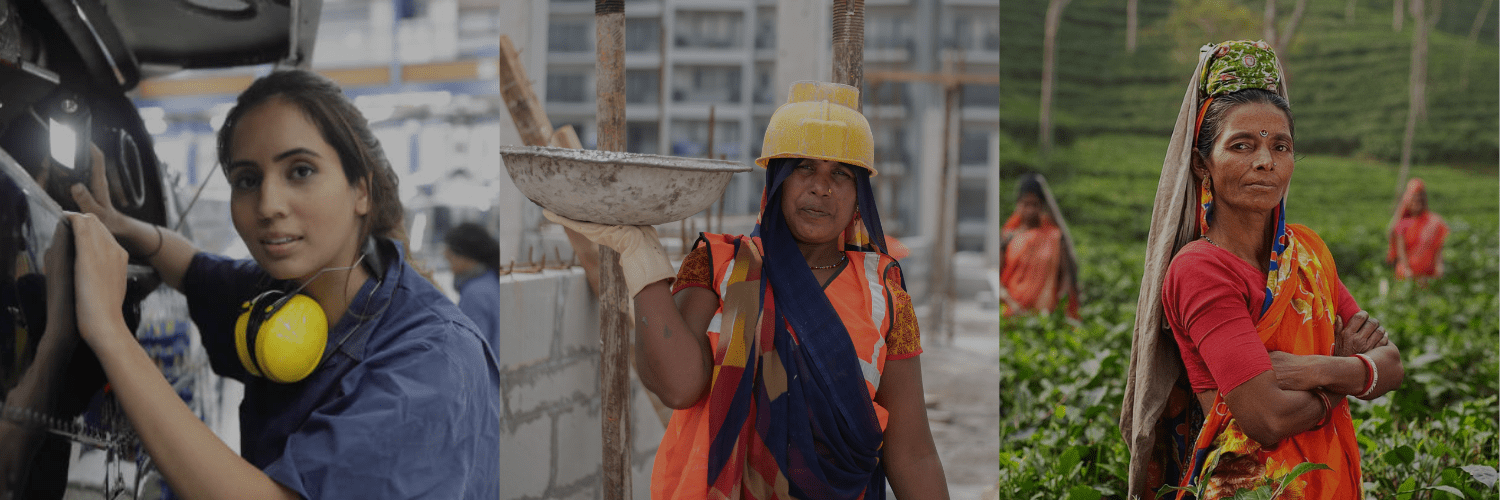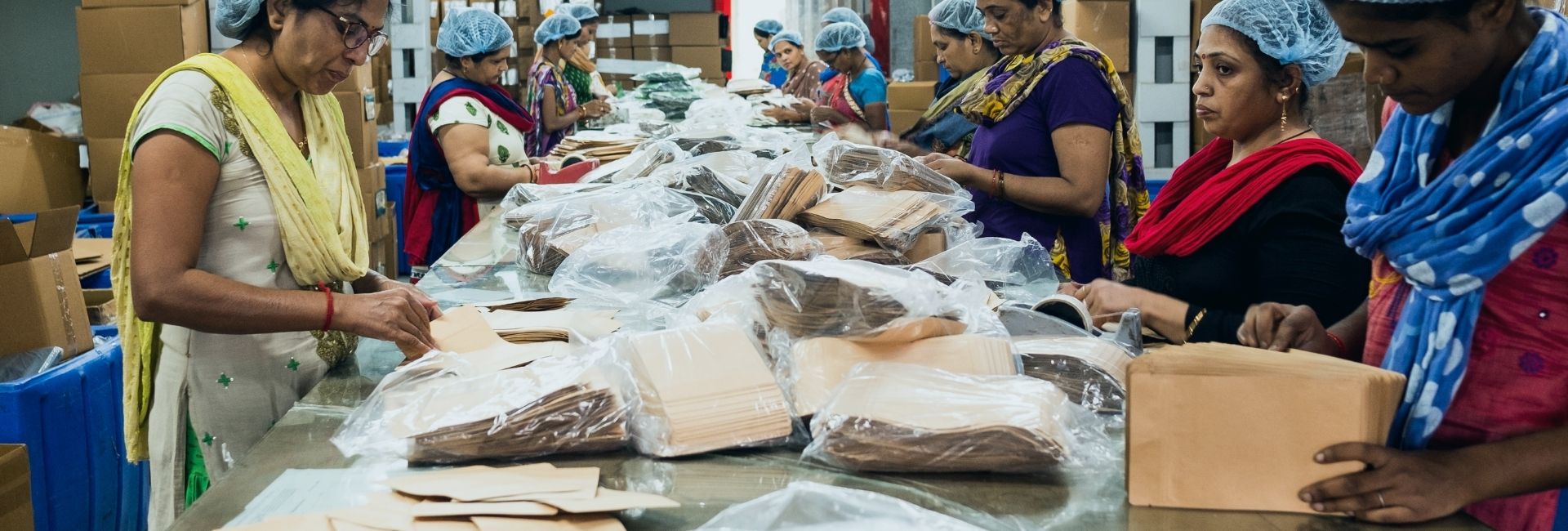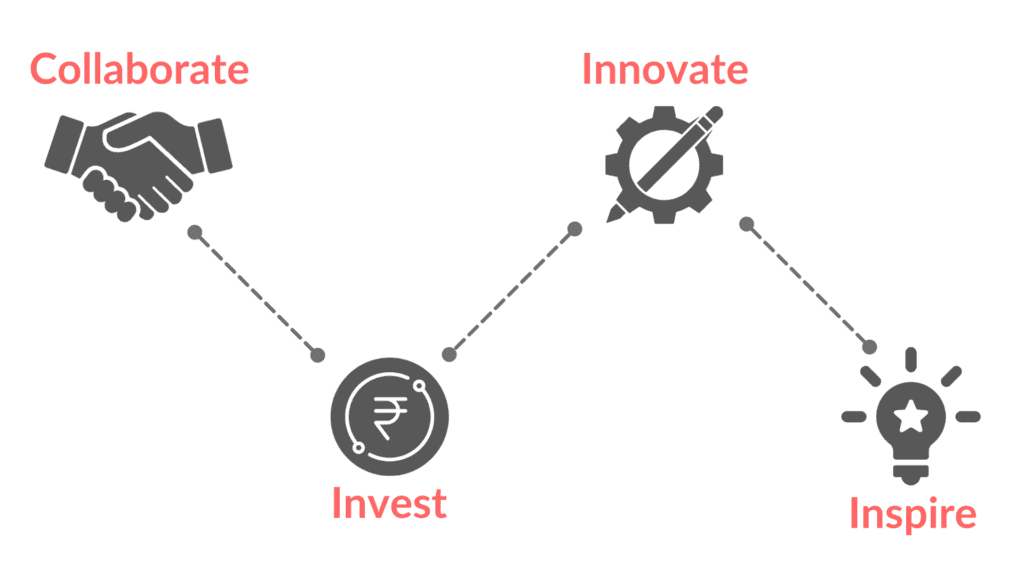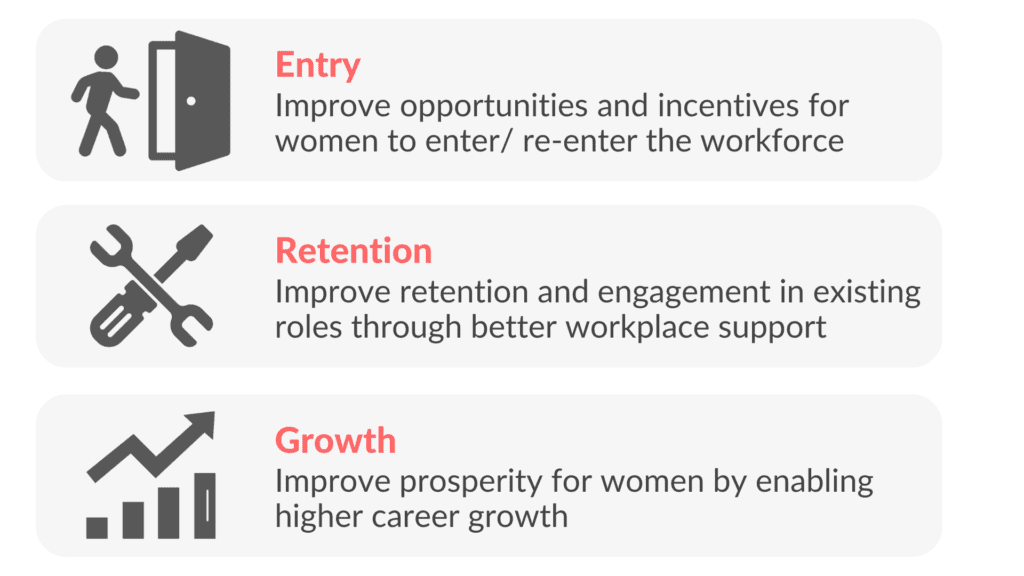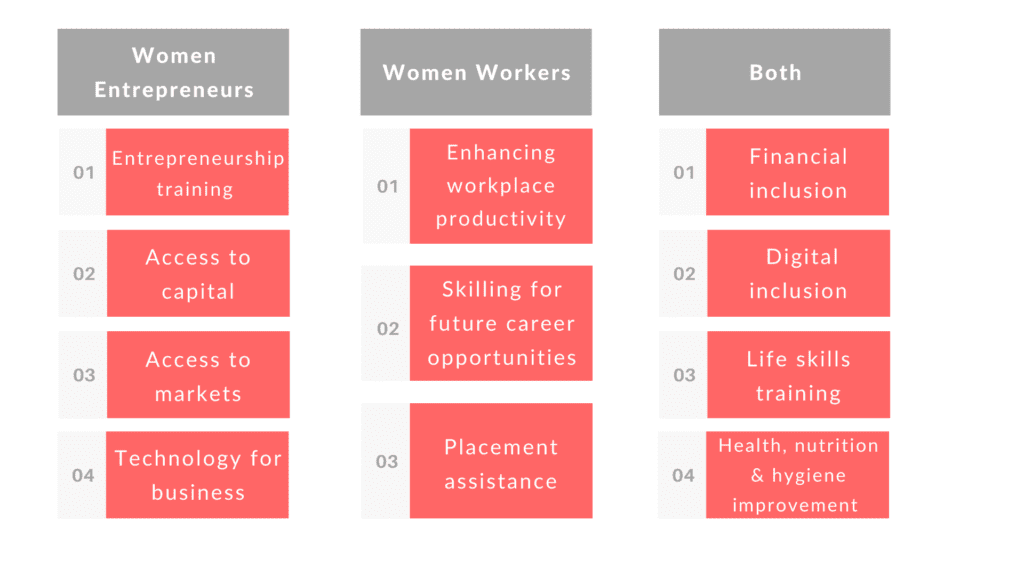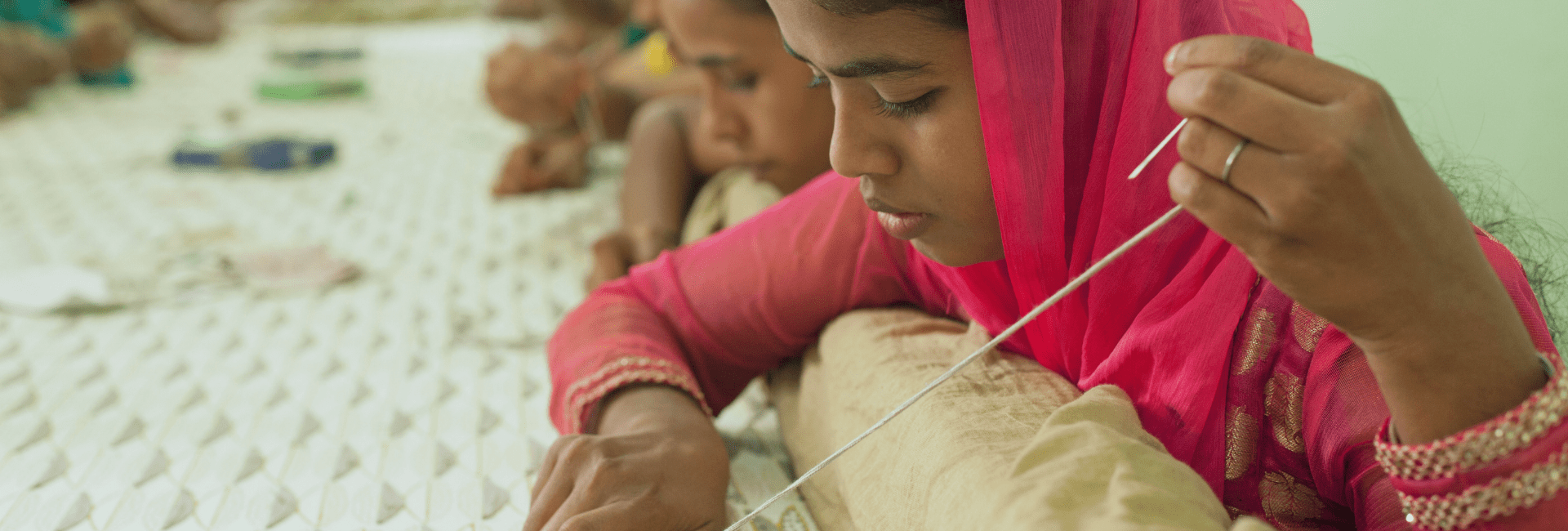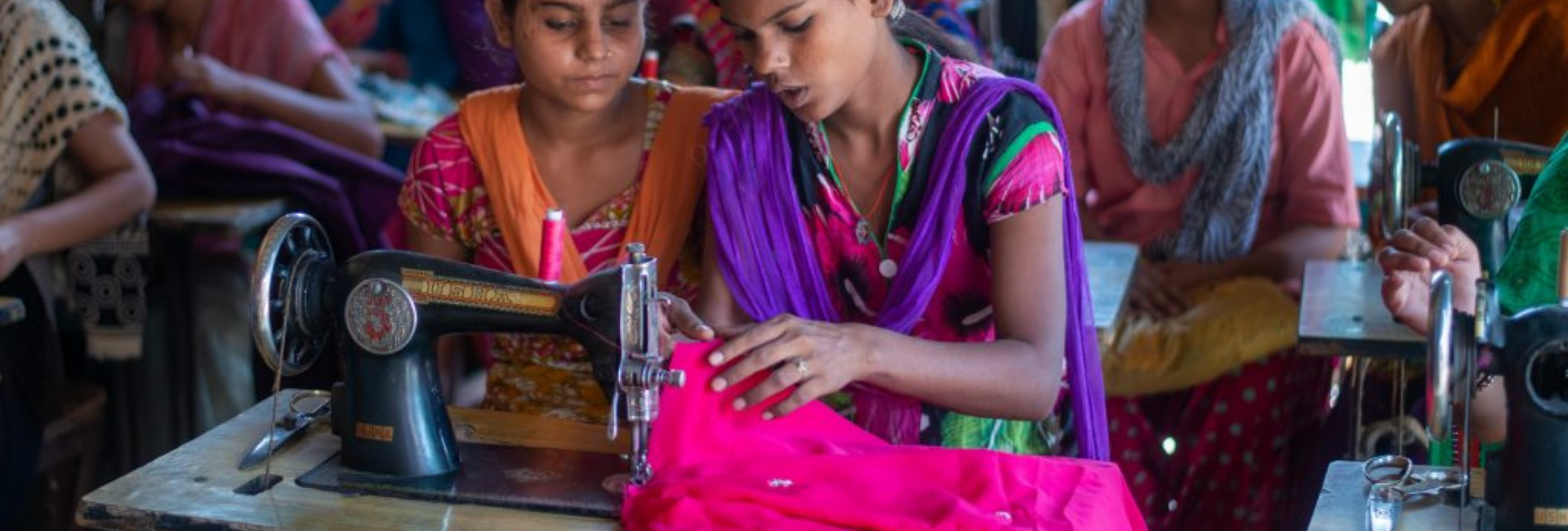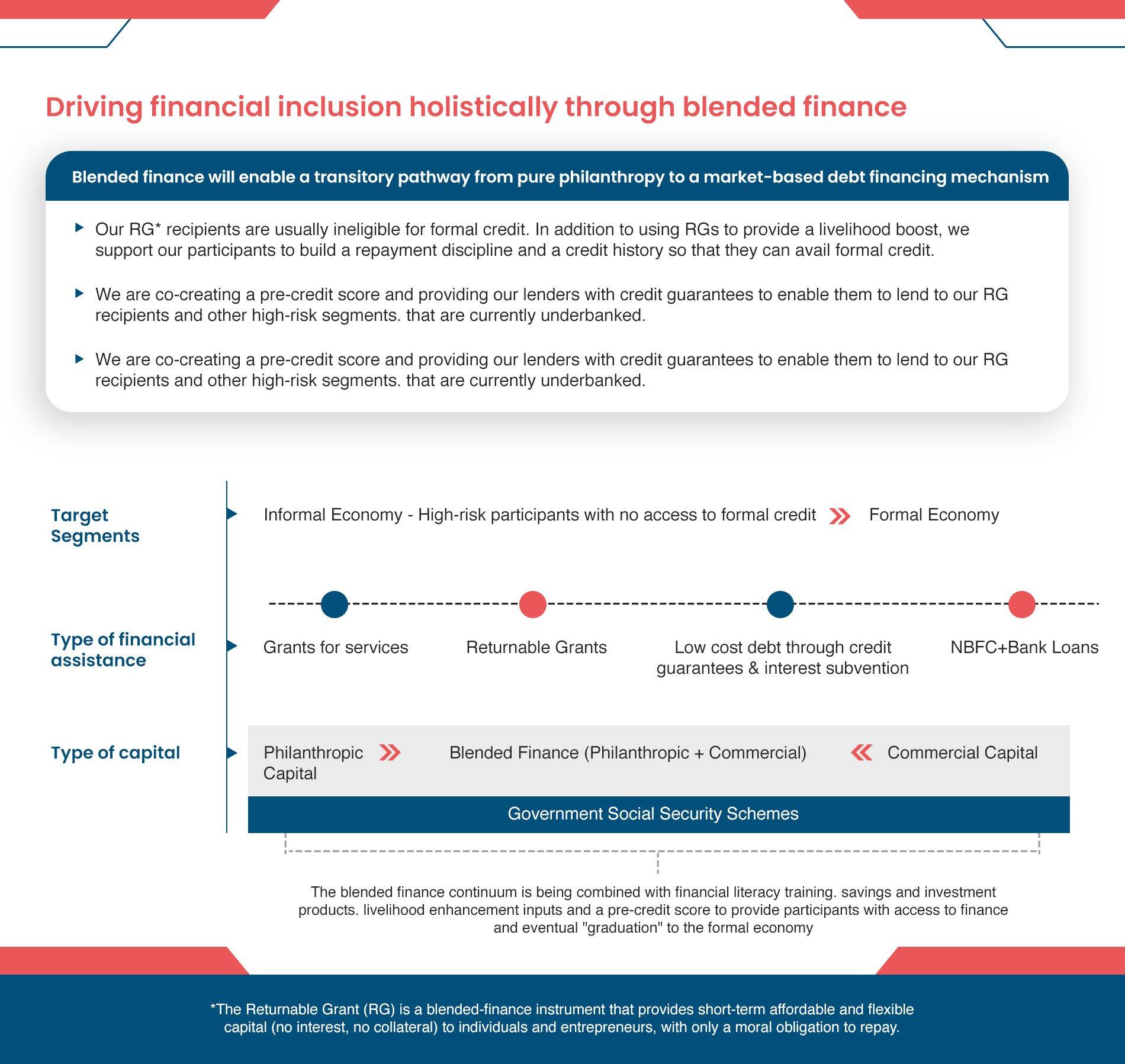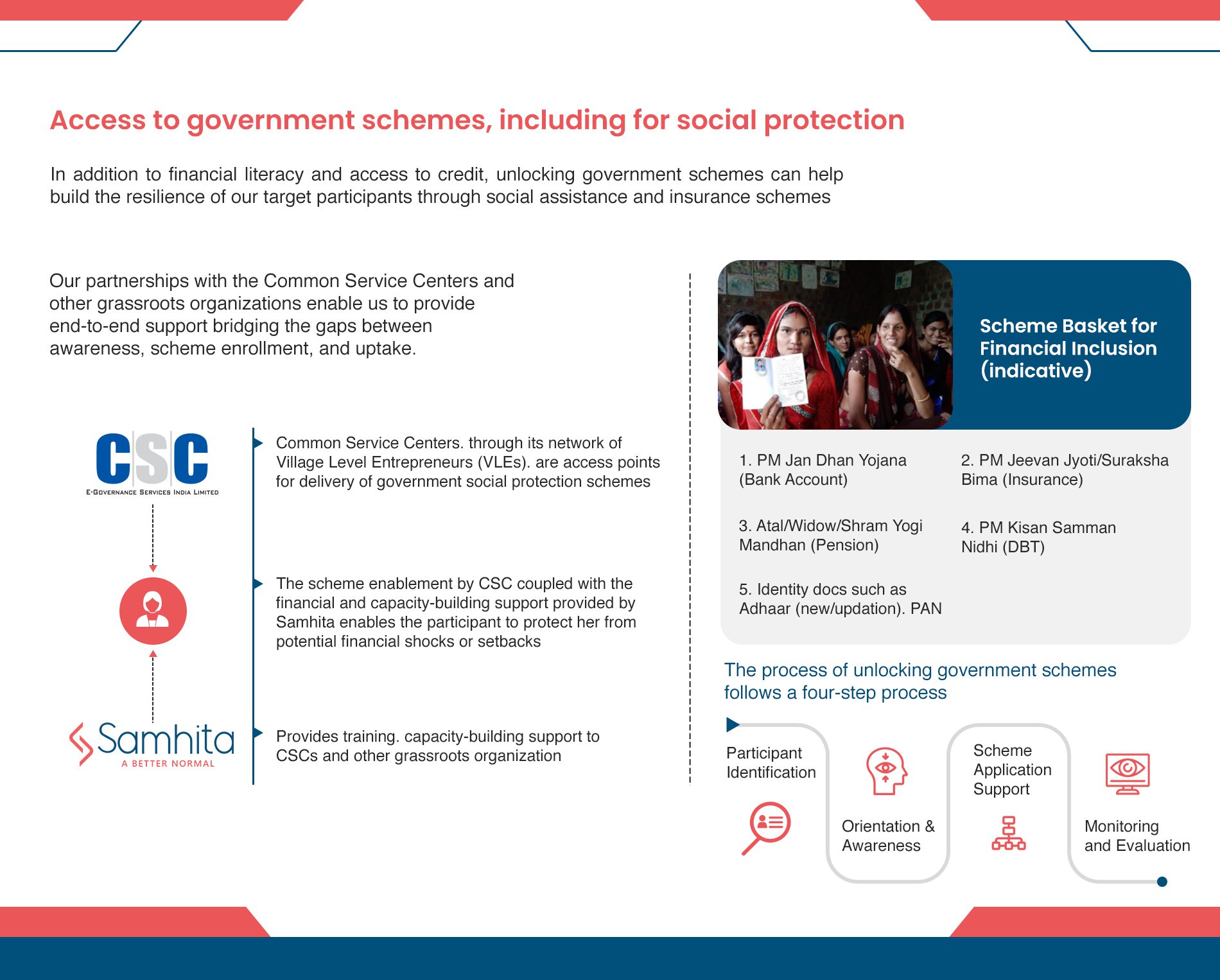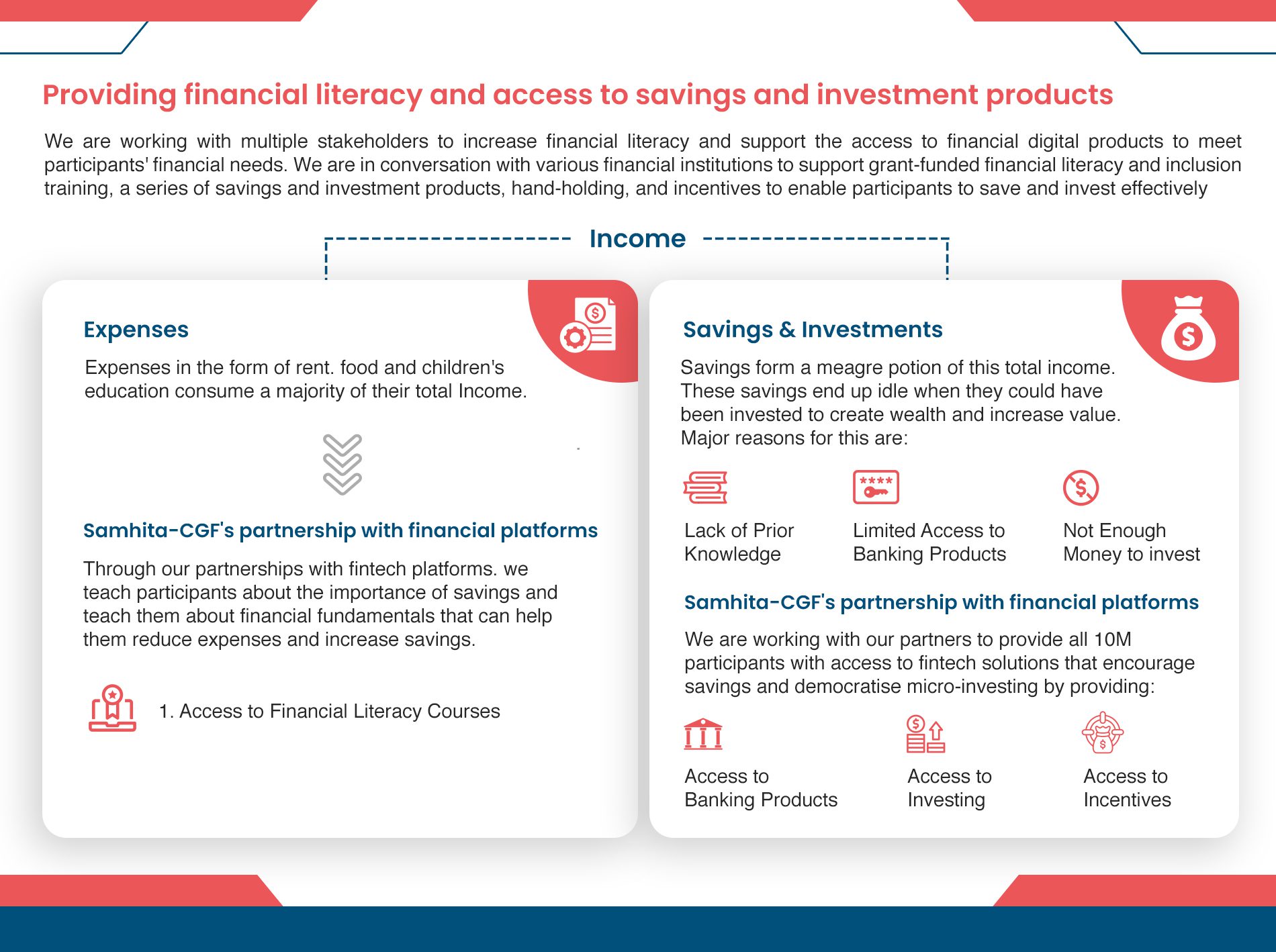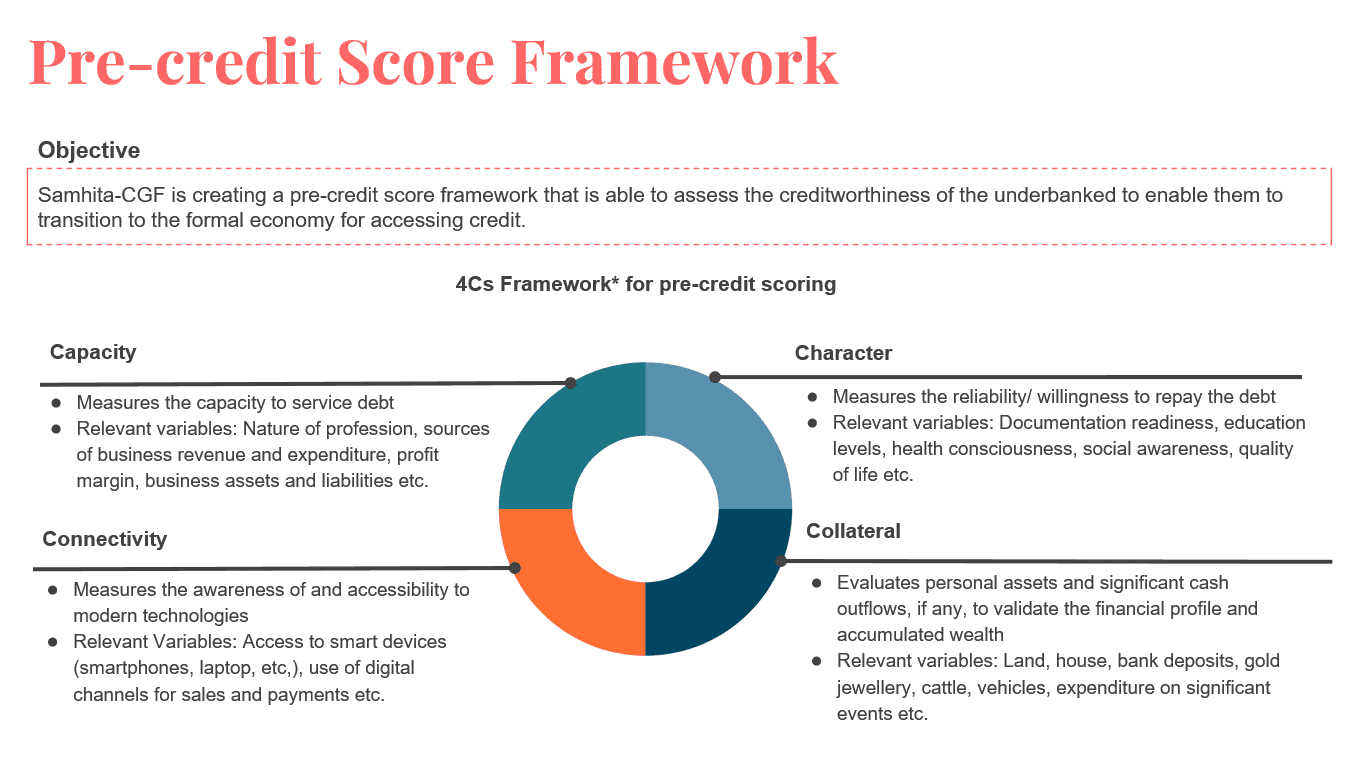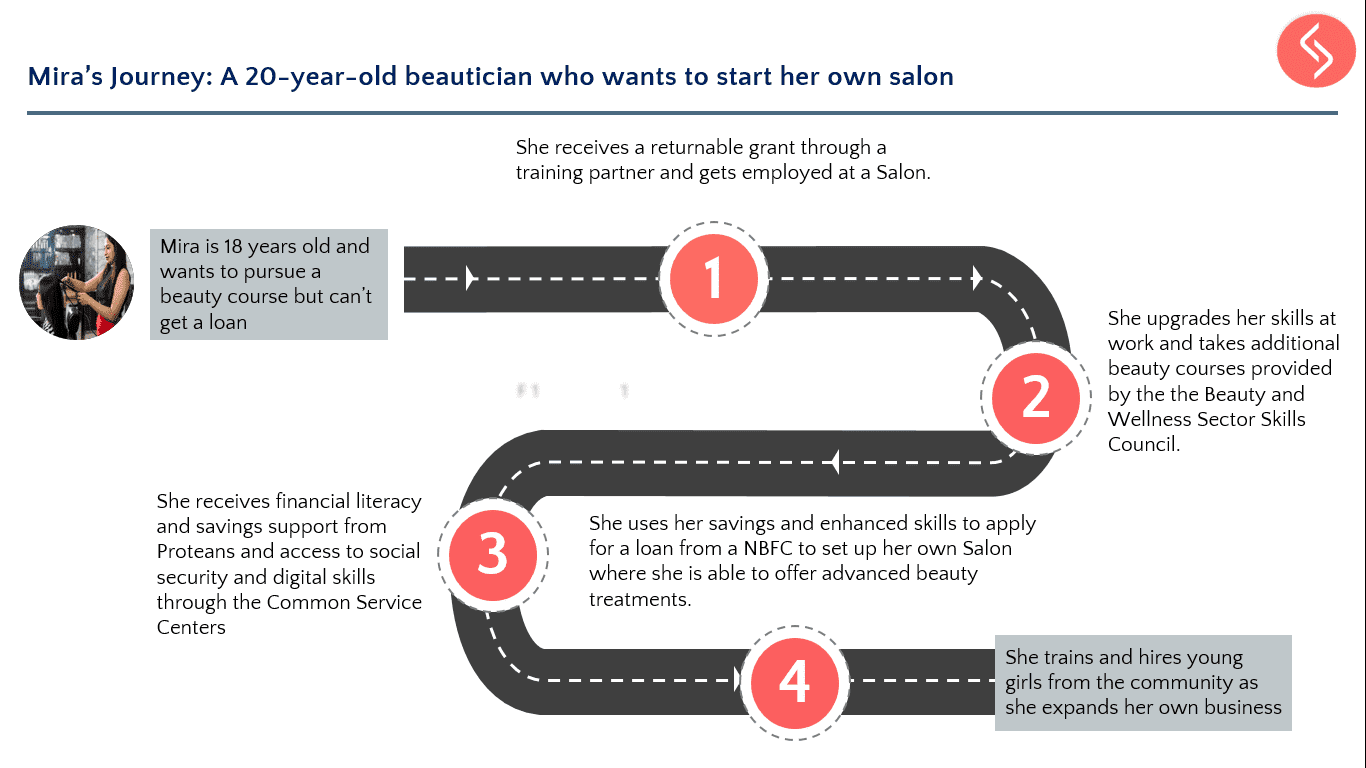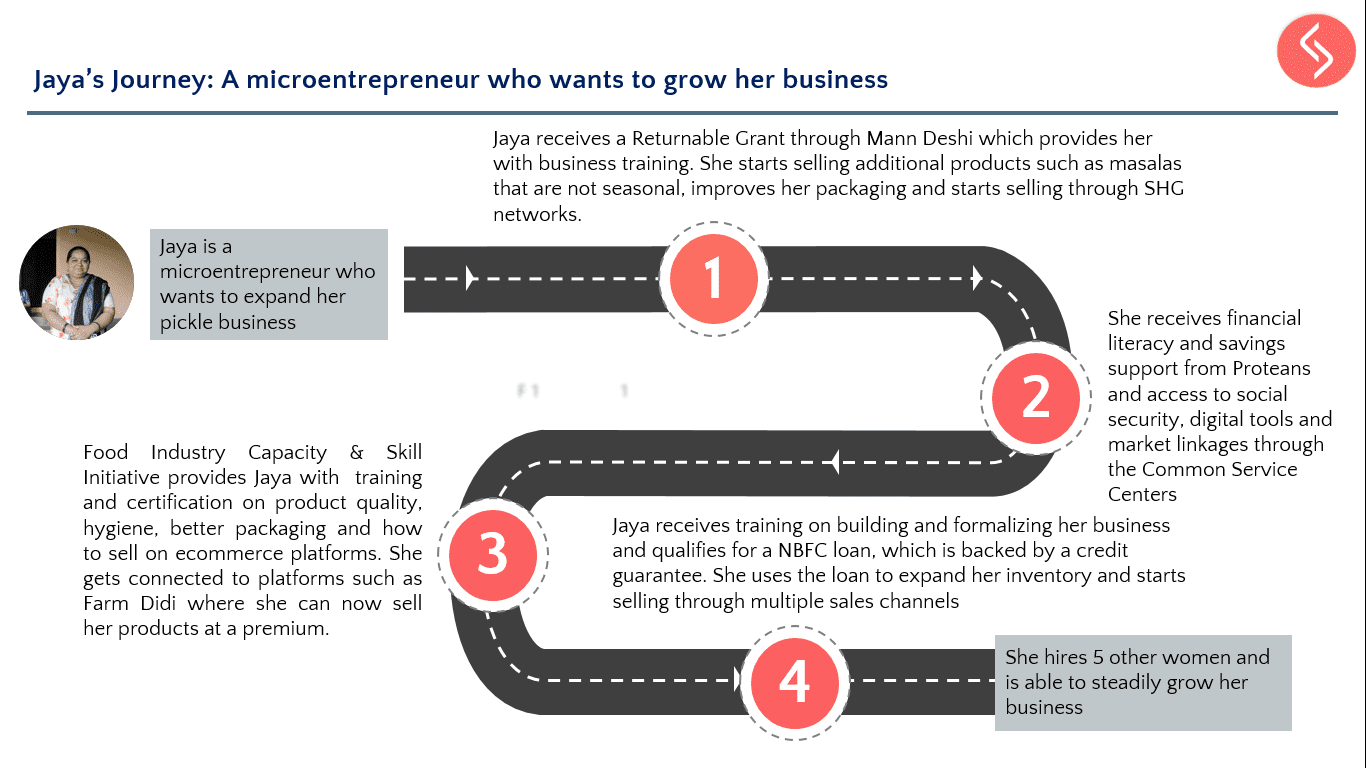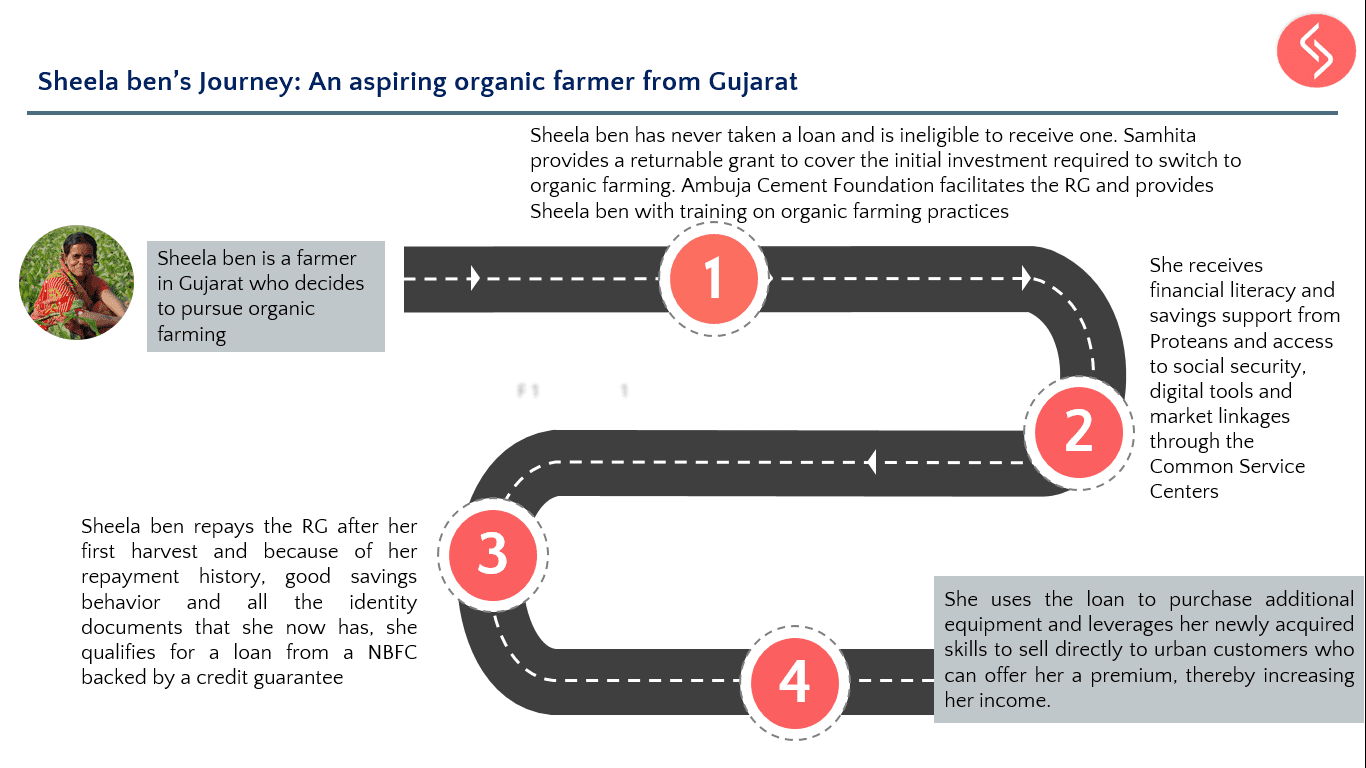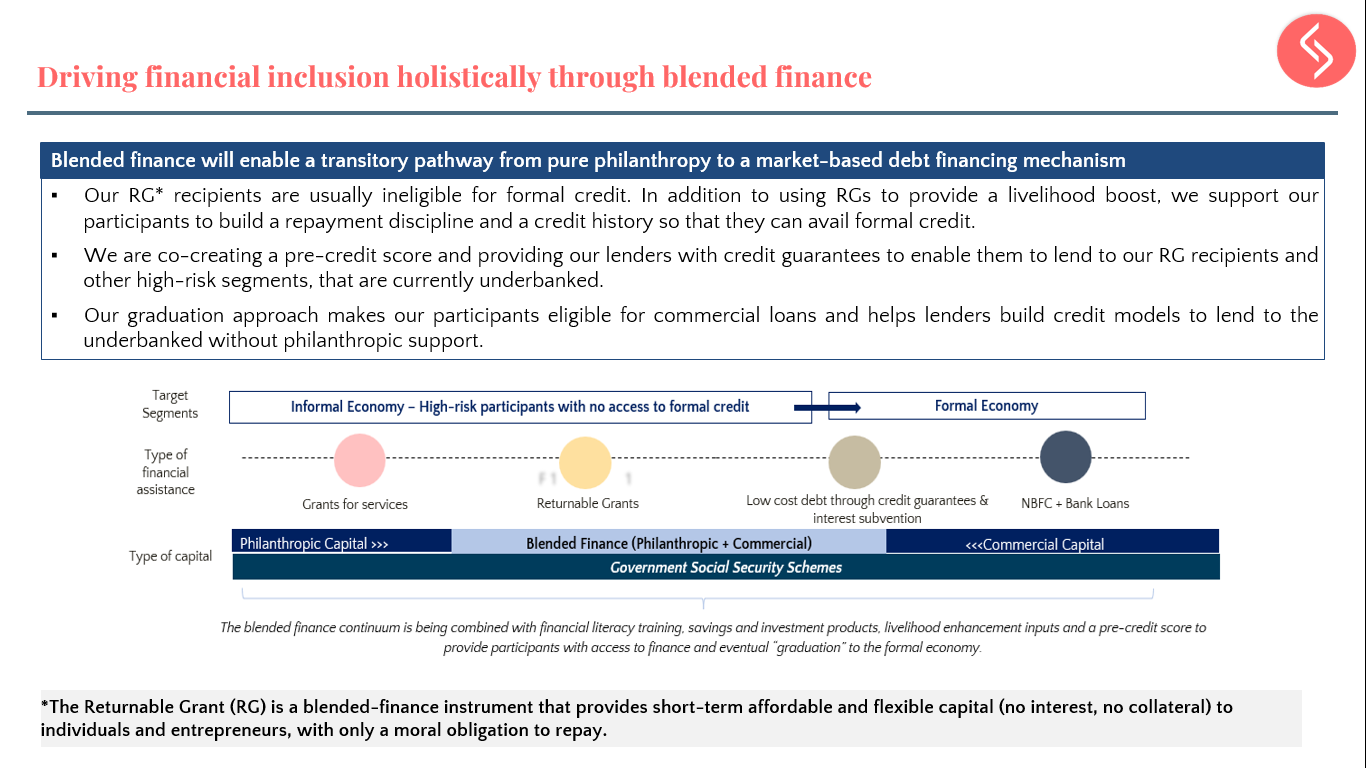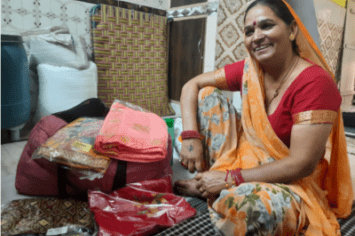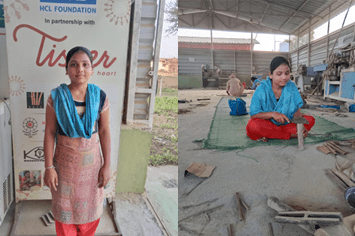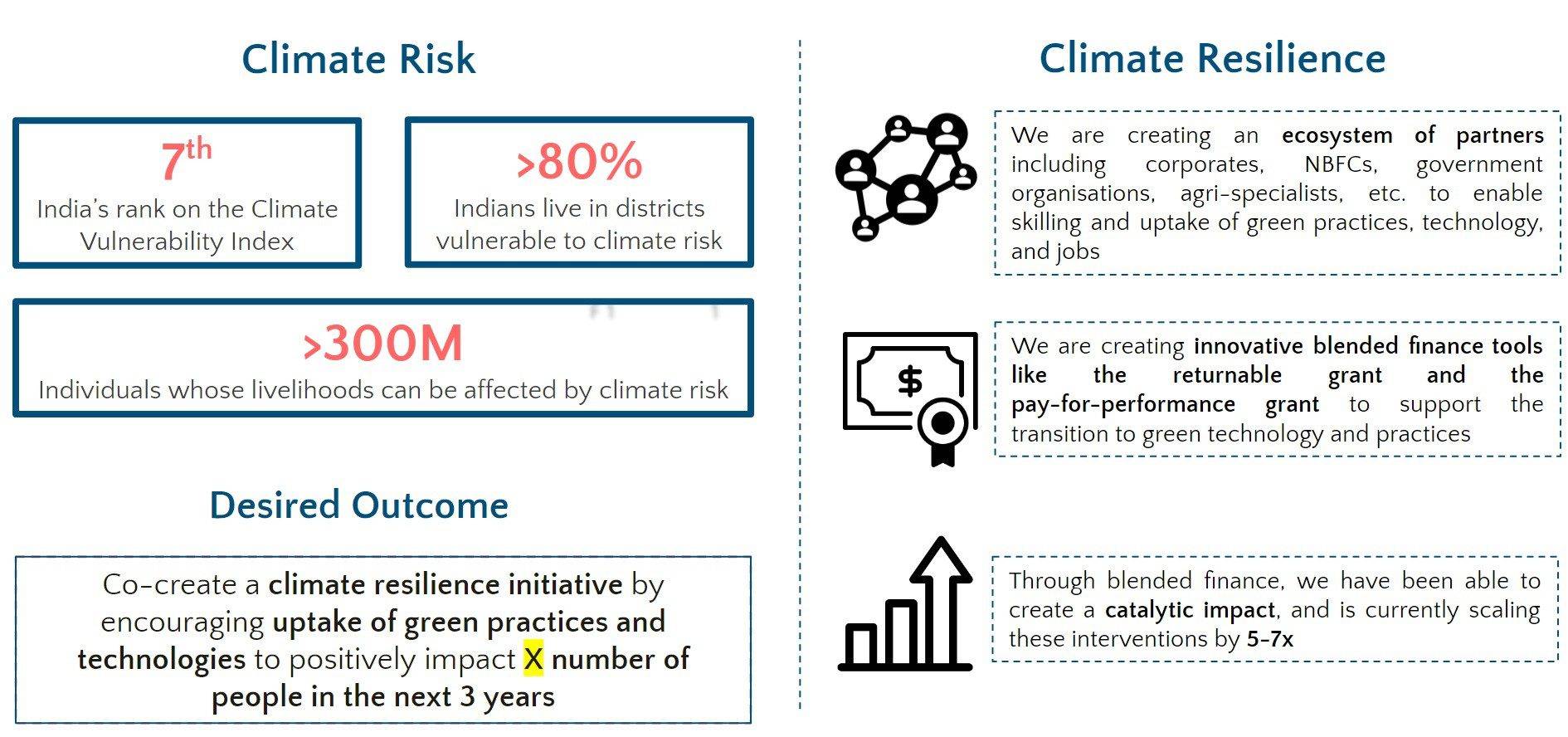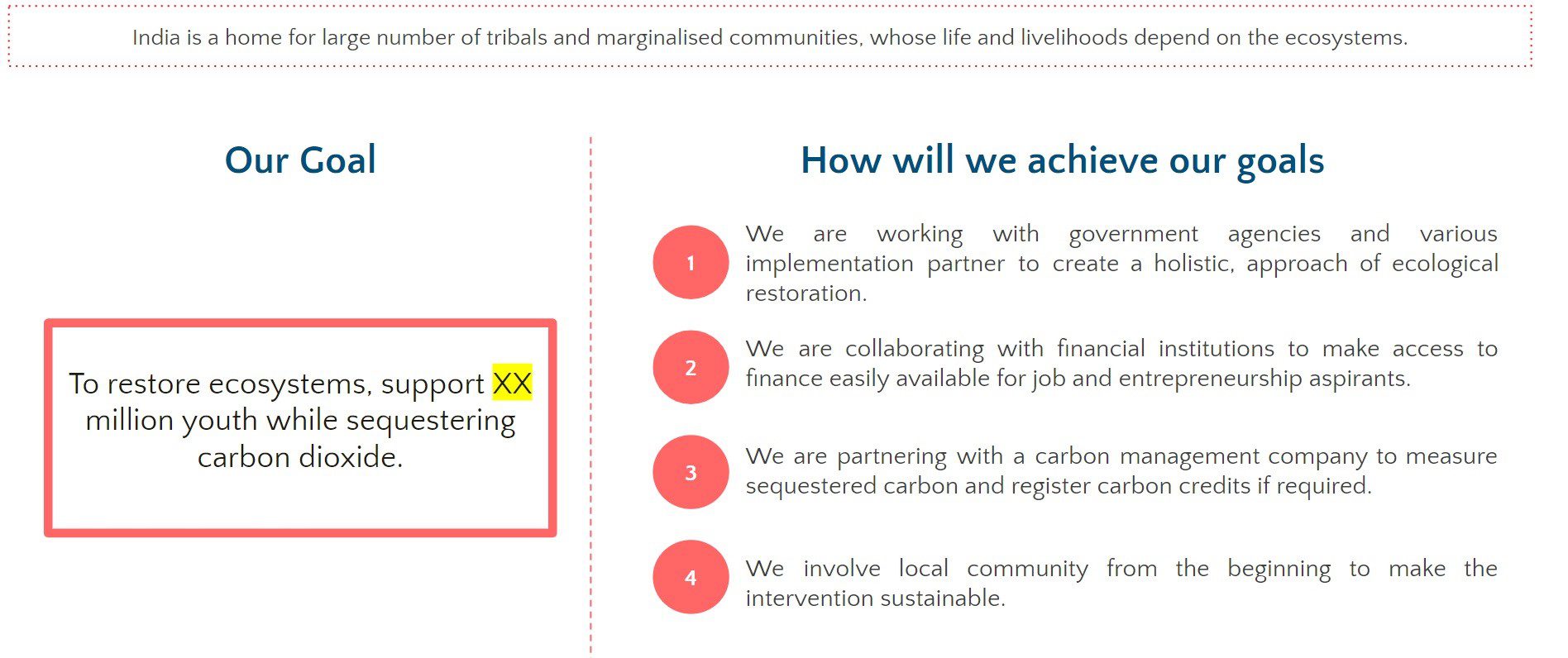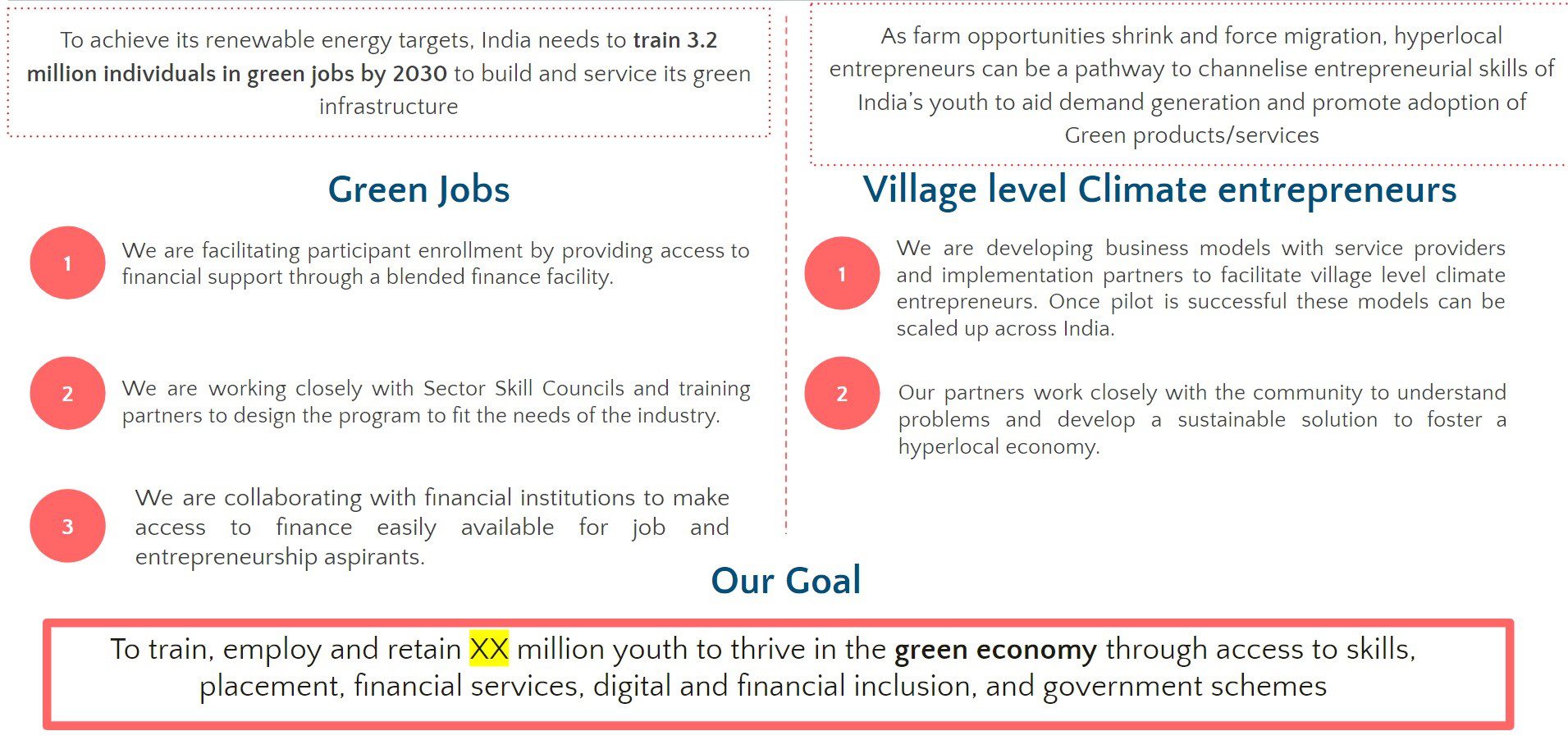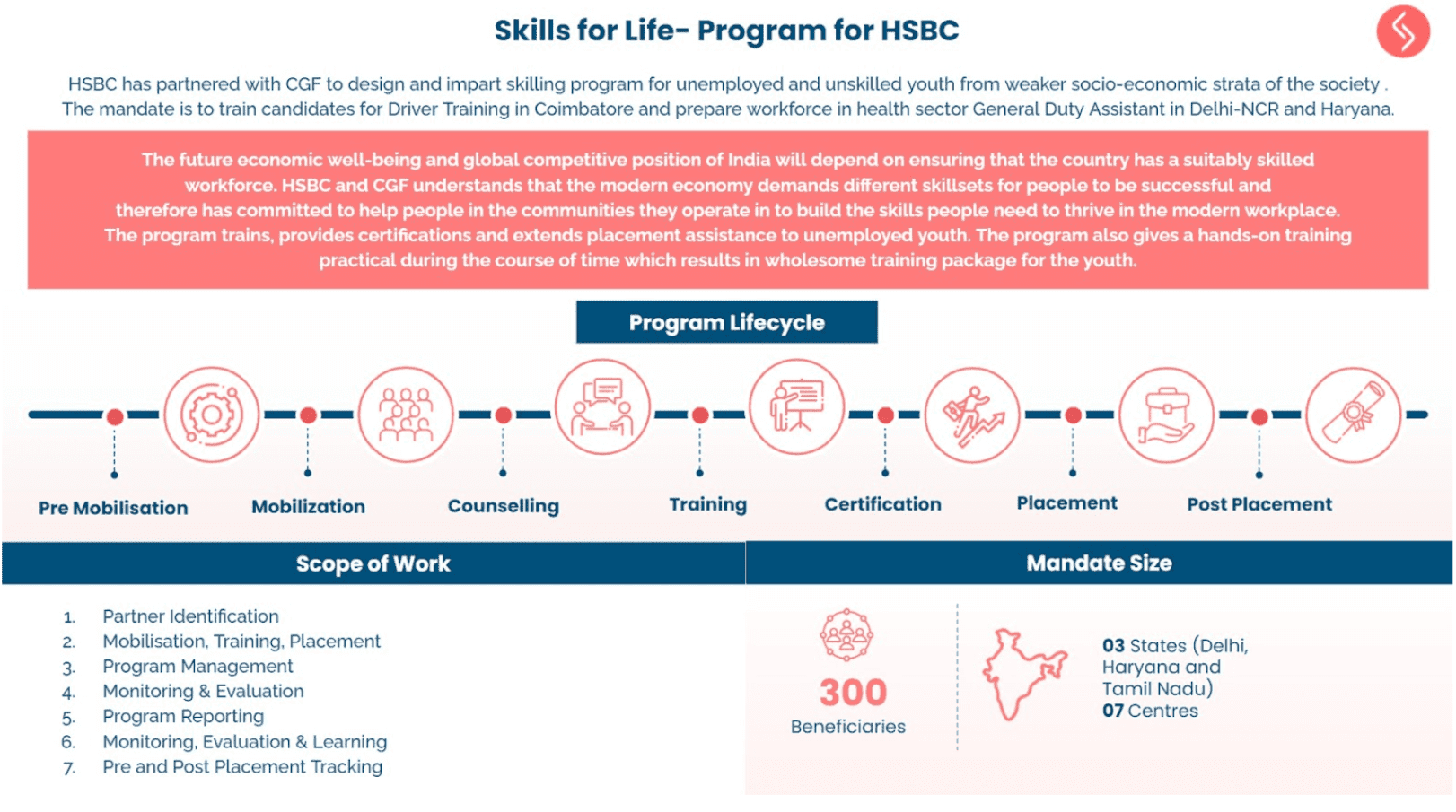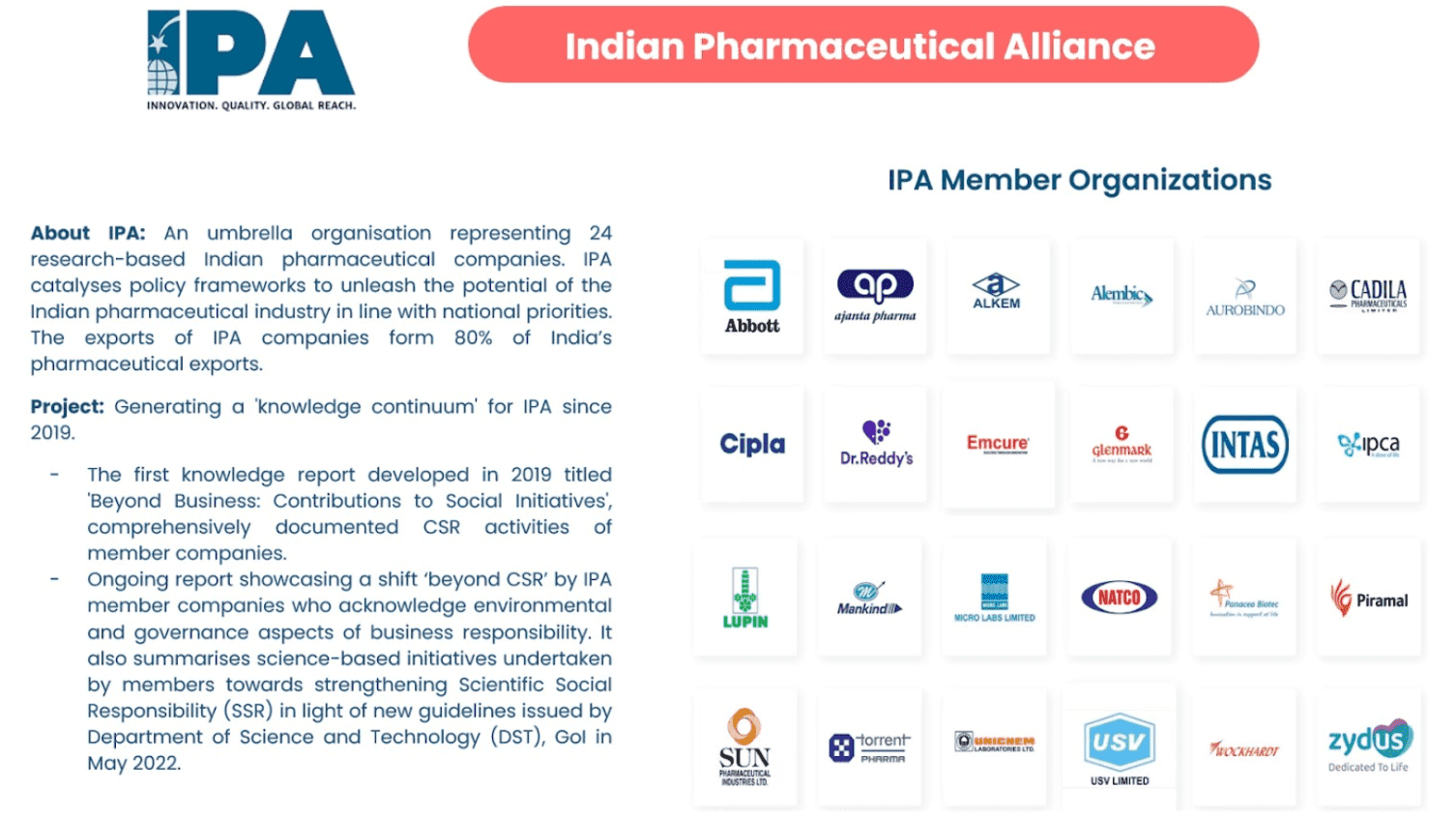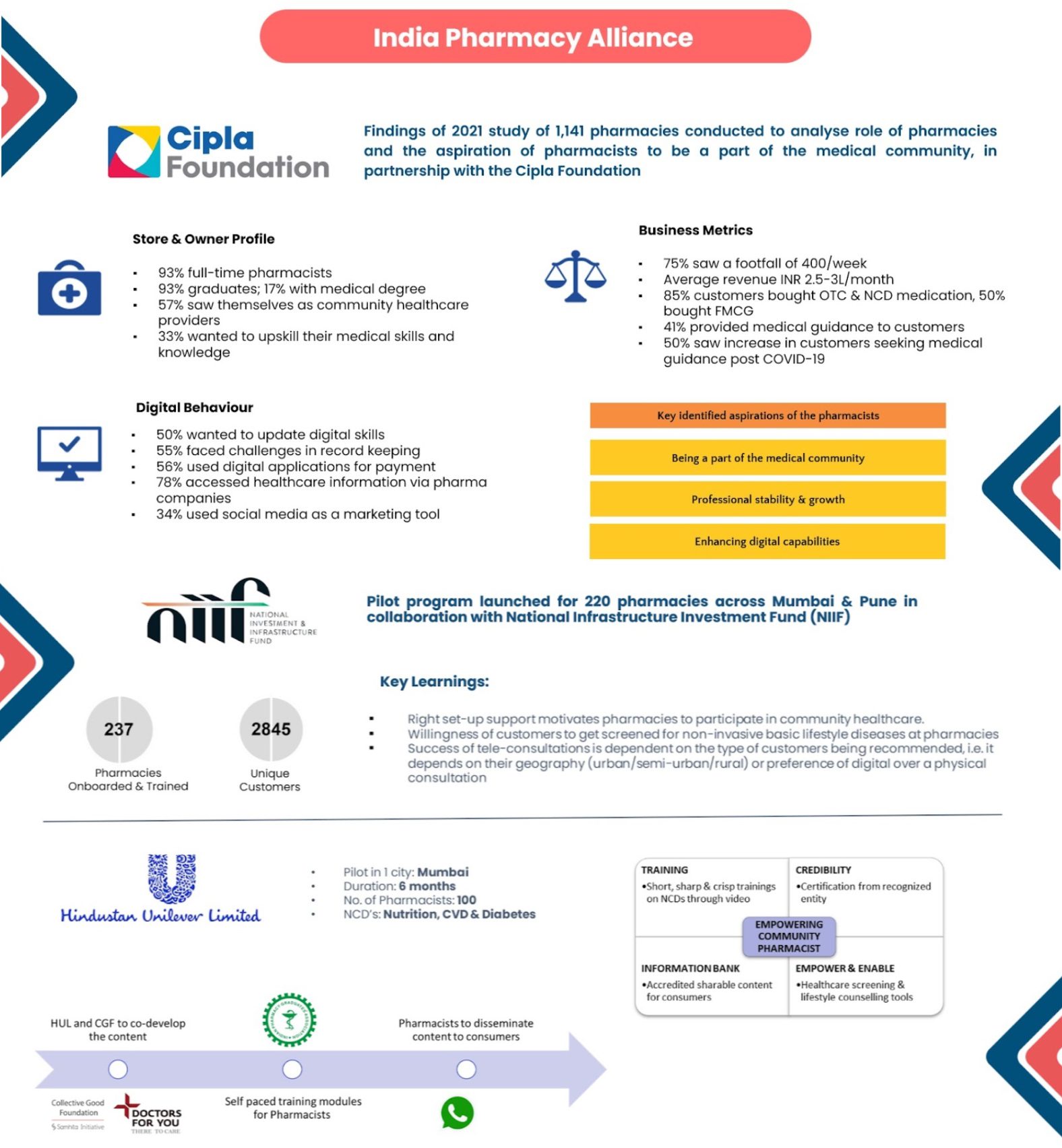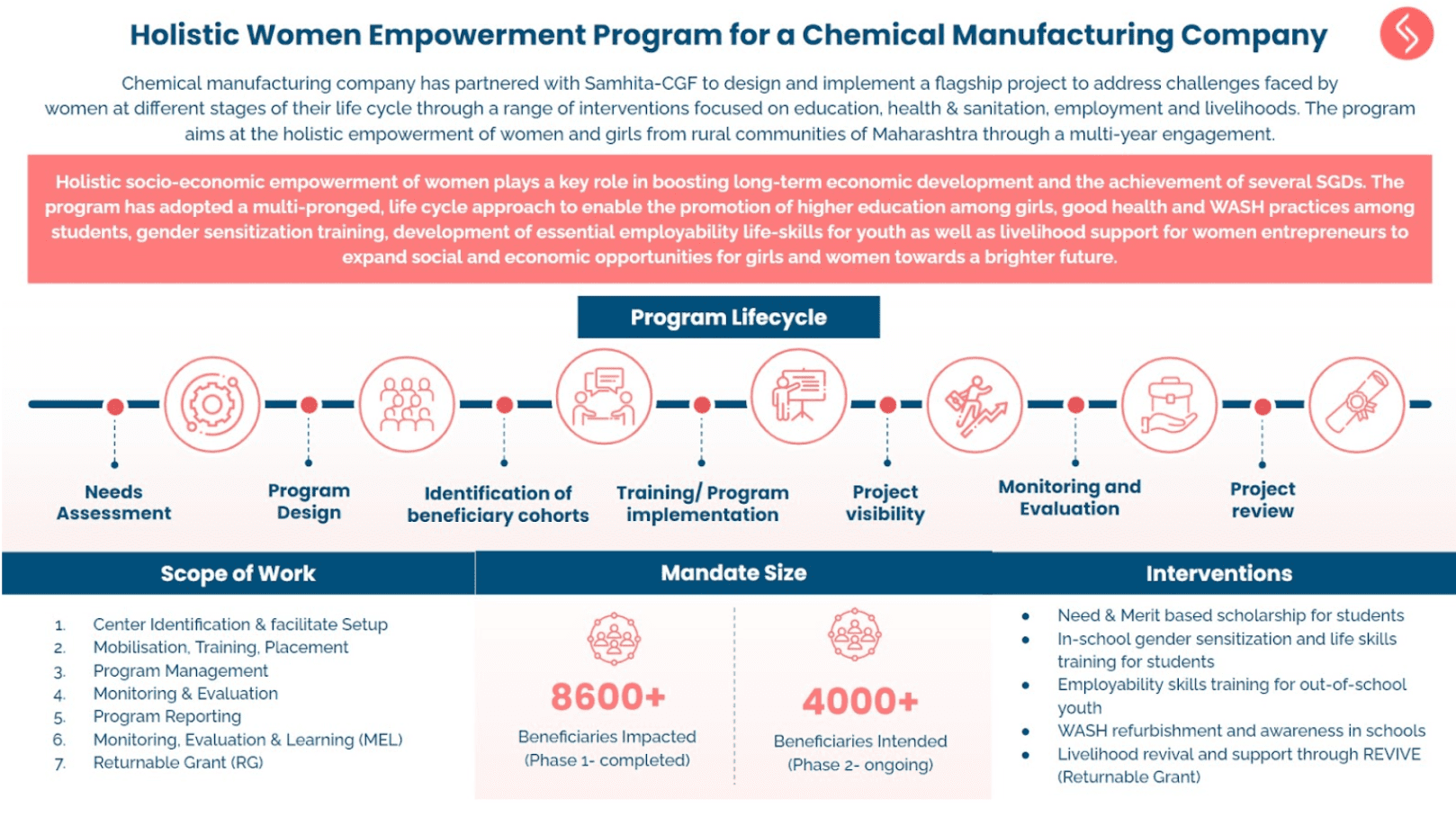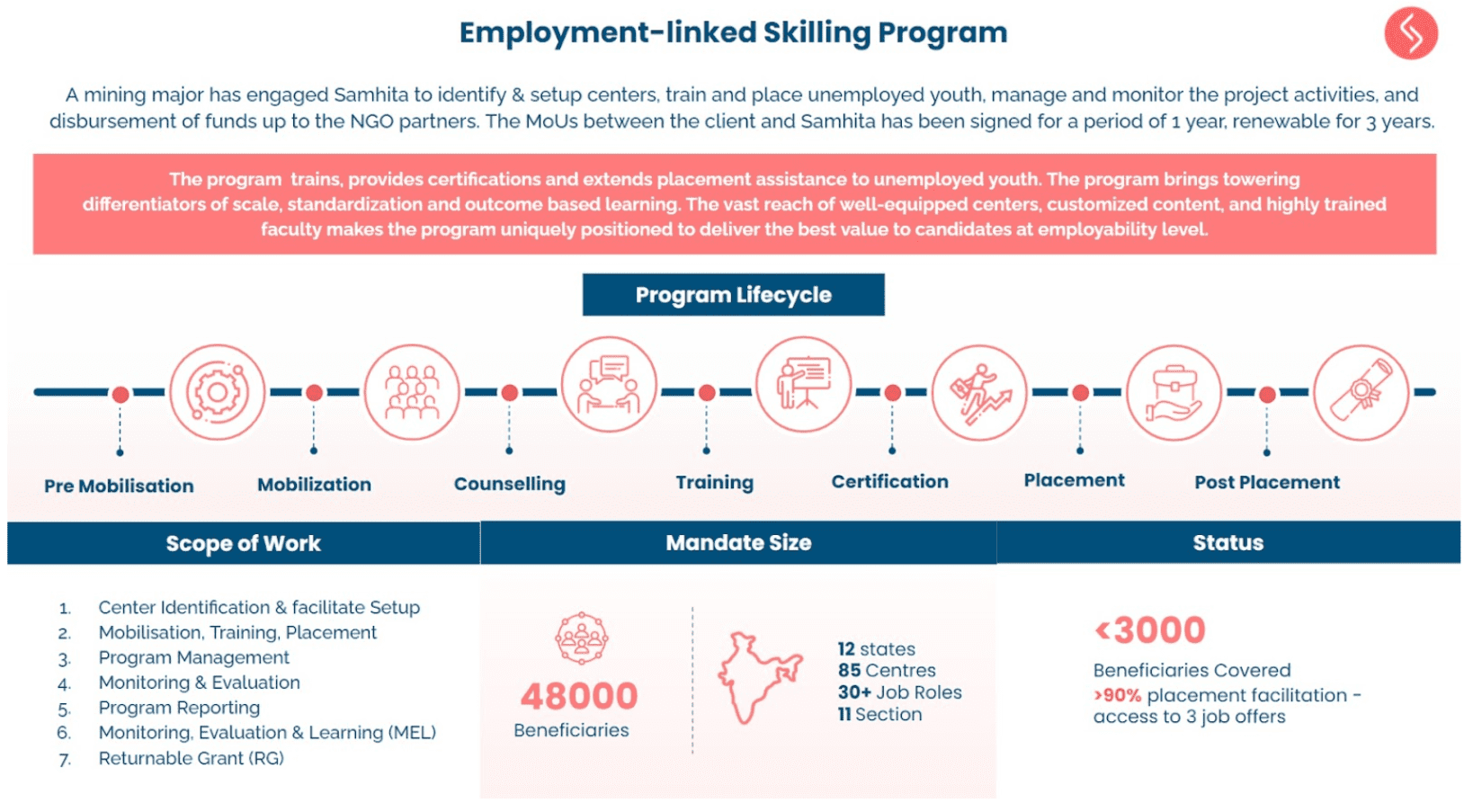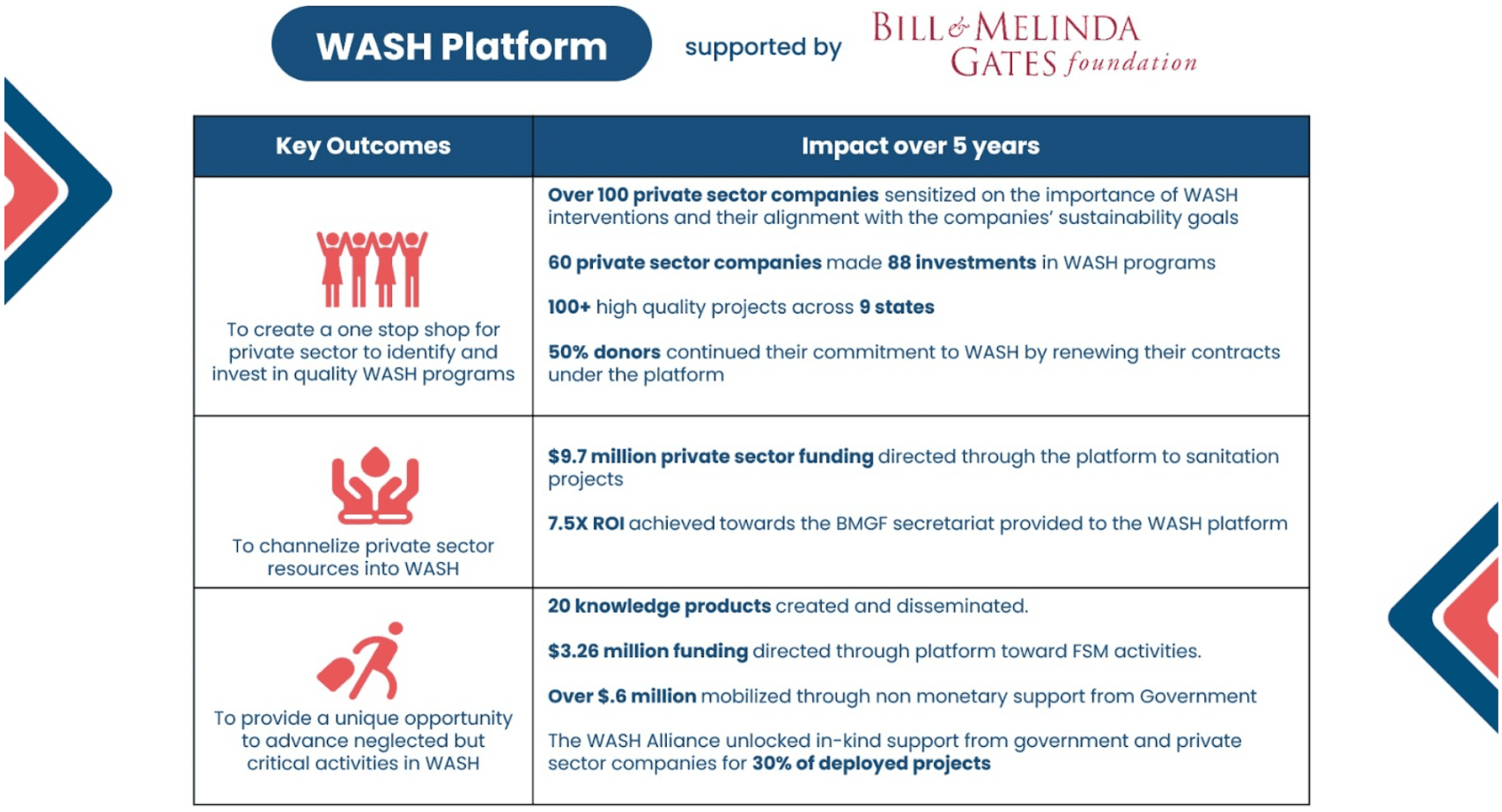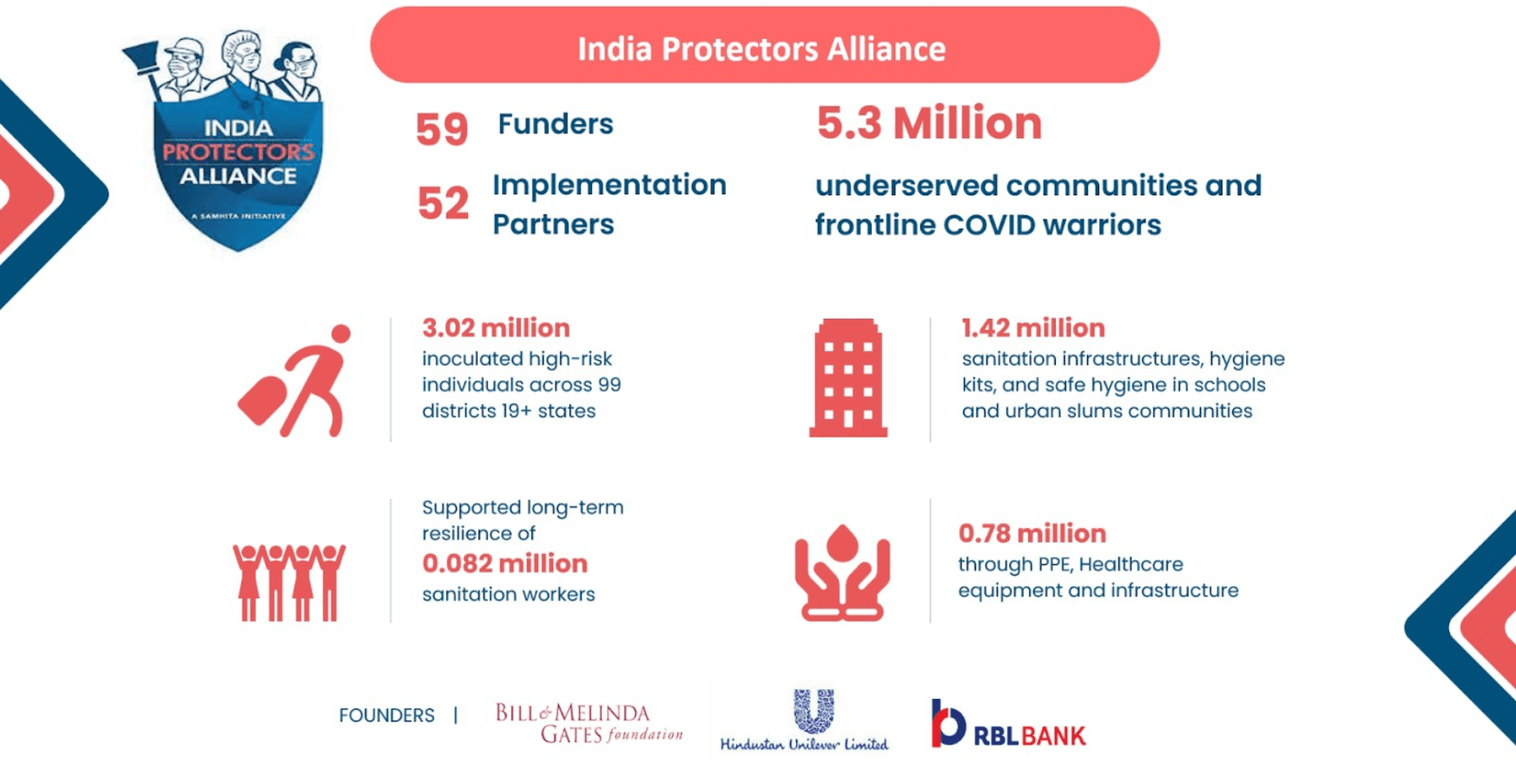Empowering Women Entrepreneurs: Unveiling the Women Economic Empowerment Index
To push towards sustainable development goals, the voice and agency of women are catalysts for change and progress. Recognizing this, Samhita-CGF has taken a bold step towards quantifying and fostering women’s economic empowerment through an initiative: the Women Economic Empowerment (WEE) Index. This comprehensive tool is designed to measure and monitor the progress of women entrepreneurs in India’s dynamic semi-formal and informal sectors, recognizing their pivotal role in driving economic growth and societal transformation.
Measuring Progress: From UN’s GEM to WEE Index
In 1995, the United Nations introduced the Gender Empowerment Measure, a landmark effort to measure the advancements made by women globally. This was followed by two critical indices—the Gender Development Index and the World Bank’s Women, Business and the Law Index – evaluating gender inequalities across health, education, income, and specific economic empowerment indicators. While these global indices provide valuable insights, they often overlook a significant population: women operating in India’s informal sector. It became imperative henceforth, to recognize this gap and develop an index tailored exclusively for women-run microenterprises in India’s semi-formal and informal sector.
Unpacking Empowerment: The Six Dimensions of WEE Index
The WEE Index delves into six key dimensions that shape economic empowerment. These dimensions are carefully crafted to provide a comprehensive view of the multifaceted journey towards empowerment. They reflect not only economic progress but also the social and personal factors that influence a woman’s ability to thrive in her entrepreneurial endeavours. By addressing each dimension, the index helps to create a holistic framework that uplifts women not only as economic contributors but as leaders and change-makers within their communities.
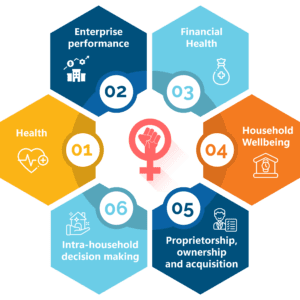

The selection of these six dimensions for the Women Economic Empowerment (WEE) Index is rooted in the need for a nuanced and comprehensive evaluation of women’s economic progress. Each of these dimensions serves as a broad category, further broken down into specific sub-dimensions and tangible indicators. For instance, within “Enterprise Performance,” aspects such as formalization, including registration under Udyam and GST, as well as the adoption of digital technologies for business growth is scrutinized. Similarly, “Intra-household Decision-Making” recognizes that empowerment extends to a woman’s ability to influence decisions within her household and community. This is evaluated through indicators like her confidence in handling banking transactions independently and active participation in women’s groups for networking and advice.
Thus, these six dimensions, along with their respective sub-dimensions, form the building blocks of the WEE Index, ensuring a robust and inclusive assessment of women’s economic progress. The weightages are also assigned to the dimensions according to the influence they wield on overall women economic empowerment.
Integrating the Women Economic Empowerment Index
The integration of the WEE Index into REVIVE Alliance is a monumental stride towards advancing livelihoods. Over the past three years, REVIVE has empowered over 5,50,000 informal workers and entrepreneurs, of which more than 4,40,000 are women, benefitting 1,76,573 MSMEs. The aim is to reach an ambitious target of impacting and empowering 5 million women beneficiaries in the next 5 years through multiple interventions. Integrating the Women Economic Empowerment (WEE) Index into REVIVE, is a significant step towards advancing economic empowerment for women. This strategic move allows to continuously assess and track the progress of women entrepreneurs within the chosen cohort. Through a structured panel design survey, one can gain invaluable insights into the economic empowerment journey of these entrepreneurs. This data-driven approach not only refines the multiple interventions under REVIVE Alliance, but also enables targeting resources effectively, ensuring that women receive the support they need to thrive.
From Index to Impact: How the WEE Index Drives Change
The true power of the WEE Index lies in its ability to catalyze change on the ground. As an actionable tool, it empowers organizations, policymakers, and stakeholders to make informed decisions and craft targeted interventions. By understanding the nuances of women’s economic empowerment, we can design programs that address specific challenges, provide tailored support, and amplify impact. The WEE Index isn’t just a measurement; it’s a catalyst for meaningful, sustainable change!
Through initiatives like the WEE Index and strategic collaborations, we are steadfastly building a future where women entrepreneurs are not just participants but leaders, not just beneficiaries but catalysts of change.
